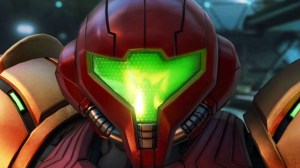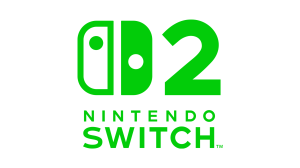Metroid Prime 4: Beyond is set to be released before the end of the year. Nintendo has yet to announce exactly when it’s coming, but the latest from Retro Studios is positioned as one of the company’s big games to close out 2025. We don’t know how the finished product will turn out, but things seem very promising so far. Regardless, the game’s existence is a testament to Nintendo’s faith in Retro as a developer, and it says a lot about how the company’s approach to its studios differs from Xbox and PlayStation.
Videos by ComicBook.com
Retro Studios has had a tough 11 years. After releasing Donkey Kong Country: Tropical Freeze on Wii U in 2014, the developer has had basically nothing else come out. The team apparently spent several years working on a never-announced music-based RPG. According to podcaster Reese “Kiwi Talkz” Reilly, the game turned out to be “a huge disaster,” and Nintendo eventually pulled the plug. After facing similar problems with Metroid Prime 4 (which was initially in development at another studio), Nintendo rebooted development from scratch in 2019, with Retro now back at the helm.
Metroid Prime 4’s Long Development Time Exemplifies Nintendo’s Studio Approach
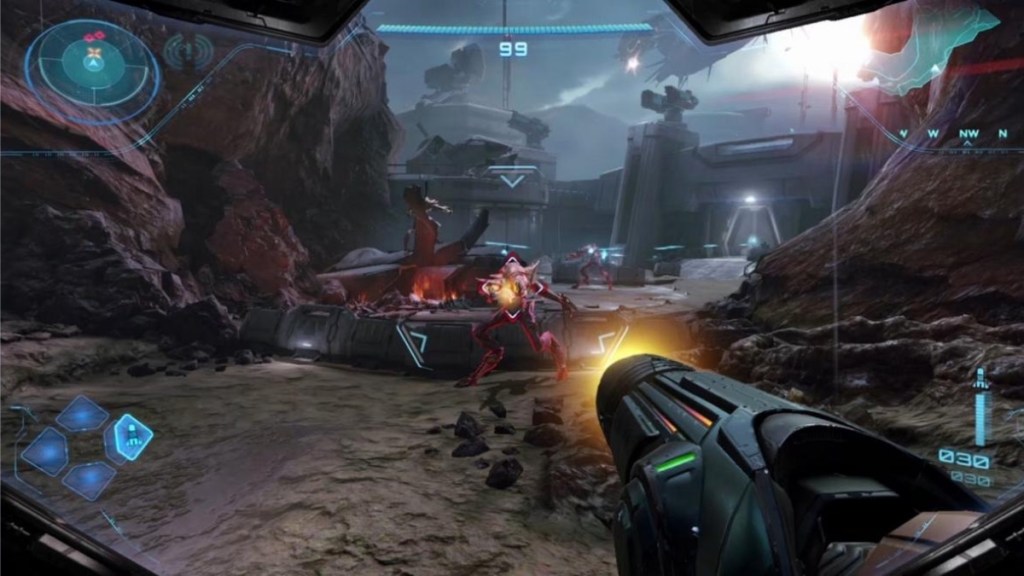
It’s hard not to compare Nintendo’s handling of Retro to the way that things have played out at a lot of PlayStation and Xbox-owned studios over the last few years. In fact, the situation at Retro has some eerie similarities to Xbox’s handling of Rare. The UK-based studio apparently began working on Everwild in 2014, with the game being announced officially in 2019. After an 11-year development cycle, that game was cancelled by Xbox in 2025. The cancellation happened as 9,000 staffers were let go from Microsoft, including at Xbox-owned studios, with an unrevealed number of layoffs taking place at Rare. While both teams were working on projects for several years that didn’t pan out, there were no mass layoffs at Retro, and the company’s developers were instead reassigned to something that proved to be a better fit.
Part of the reason Nintendo has found so much success with its studios is because it hasn’t tried to acquire huge teams. Nintendo’s approach to smaller acquisitions has been beneficial, both to the company and the developers. It gives Nintendo a better chance to work closely with its teams and figure out potential problems early. Retro Studios is one example, but we’ve seen Nintendo invest in small teams more recently. One example is Next Level Games, a studio Nintendo acquired in 2021 after working with them for several years. Next Level Games might not be as big of a name as Bethesda or Bungie, but the studio’s partnership with Nintendo resulted in the massively successful Luigi’s Mansion 3, which has sold more than 14 million copies since 2019. Investing in smaller teams versus giant publishers has made it easier for Nintendo to manage its acquisitions, identify problems earlier, and avoid mass layoffs.
Gaming Industry Layoffs Haven’t Hit Nintendo — Why?
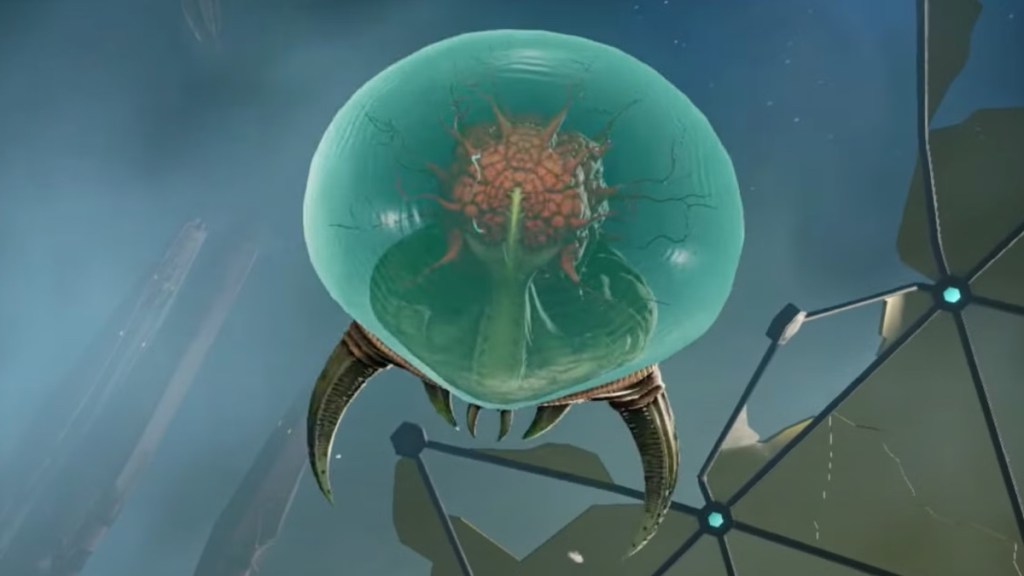
During a difficult time for the company in 2013, Nintendo’s then-CEO Satoru Iwata told shareholders, “If we reduce the number of employees for better short-term financial results, employee morale will decrease. I sincerely doubt that employees who fear that they may be laid off will be able to develop software titles that could impress people around the world.” While Iwata died in 2015, that philosophy clearly seems to be continuing at Nintendo. The company could have laid off employees at Retro after the team’s music-based RPG failed to come together. It could have even closed the studio altogether, which it acquired back in 2002. But it would have been at the cost of Metroid Prime 4, which was the best game that I played at the Nintendo Switch 2 media event back in April.
Acquisitions and mergers have always been a part of the video game industry, but the last five years have seen Xbox and PlayStation locked in an acquisition arms race, with Xbox buying the massive Bethesda and Activision Blizzard, and PlayStation seemingly responding by purchasing Bungie. While those moves might prove worth it in the long term, they have both had significant consequences. After the Bungie purchase, Xbox found itself saddled with the disappointing Redfall, and closed Arkane Austin just a year later. PlayStation’s investment in Bungie doesn’t seem to be paying off, either. The move was supposed to help PlayStation’s live-service strategy, which has already seen several games cancelled. As a result, mass layoffs took place at the studio last summer.
How Nintendo Stands Out From Xbox & PlayStation In Today’s Industry
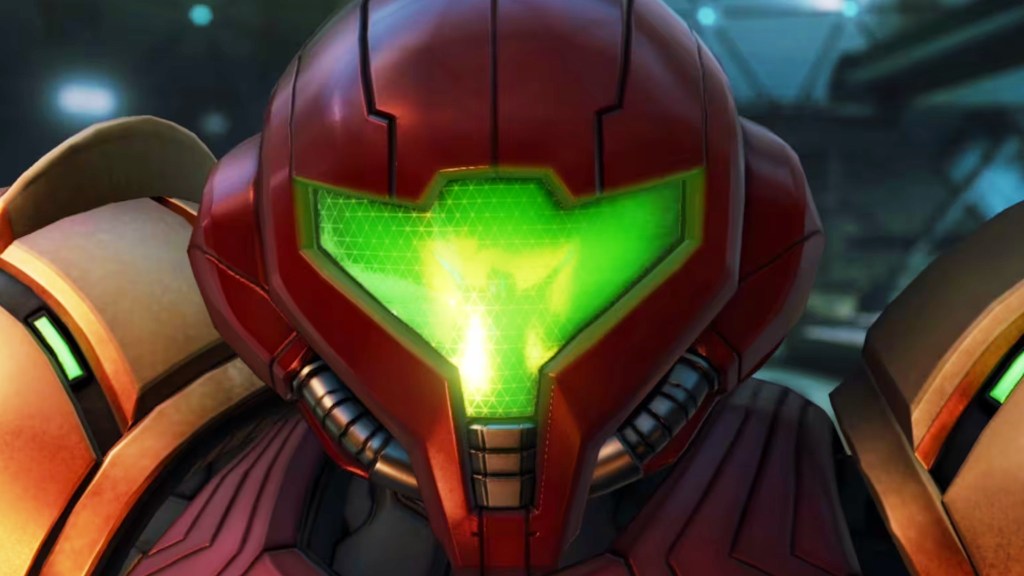
In an era where cancellations, studio closures, and mass layoffs are a tragically common occurrence in the video game industry, Metroid Prime 4: Beyond stands as a testament to what can be achieved with patience and strong guidance; if Everwild truly was in a state where it needed to be cancelled, someone at Xbox should have identified the problem sooner. It remains to be seen how Metroid Prime 4 will turn out, and if sales will justify Nintendo’s decision-making over the last 11 years. However, at the end of the day, Nintendo can afford some monetary losses, especially if it means happier employees and quality experiences for those that buy platforms like Switch and Switch 2. There’s a lesson to be learned in all that. Hopefully, PlayStation and Xbox can figure out a better way to manage the high level of talent they both have.
Are you looking forward to Metroid Prime 4? Do you think Nintendo has done a better job managing the teams it acquires? Share your thoughts with me directly on Bluesky at @Marcdachamp, or on Instagram at @Dachampgaming!

